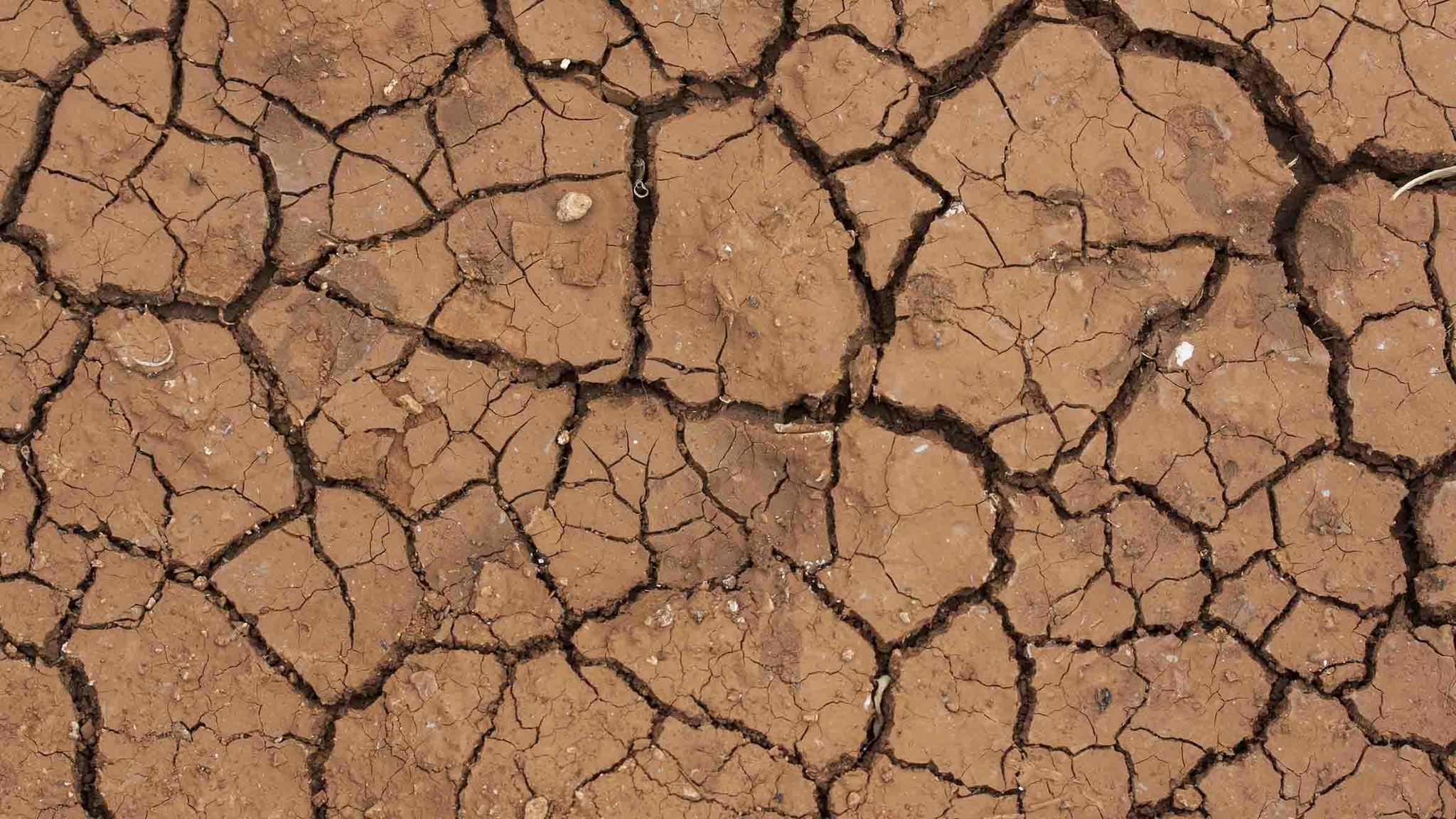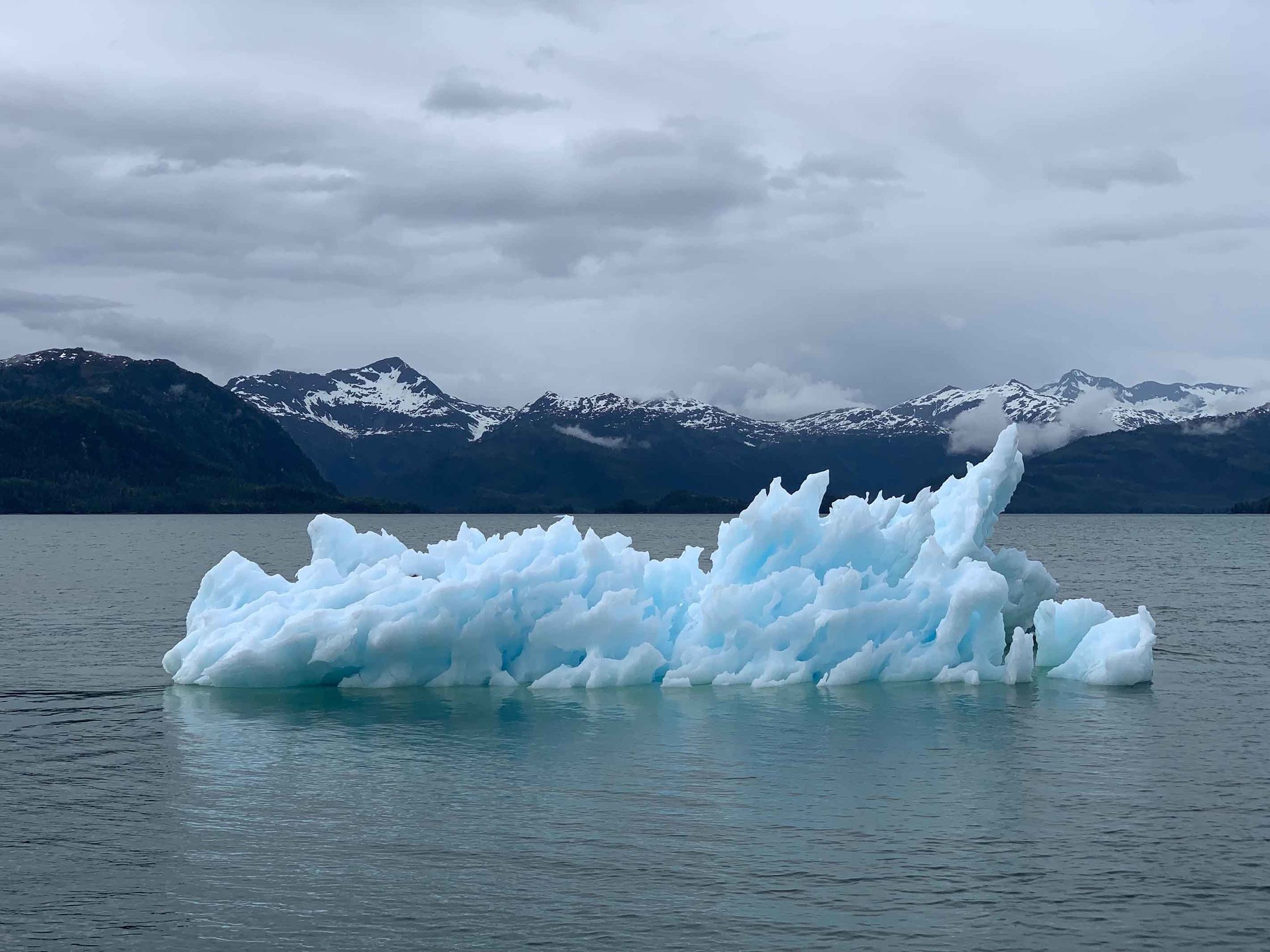
®Photography Air Desert 1026754 Pxhere Com
Together Against Climate Change
A worldwide climate alliance has been established. The University of Bremen is the only participating German university.
Climate change – it’s still around, even if it is taking a backseat in the news at the moment. Corona may have turned everything upside down but climate researchers are warning that it is exactly now that this urgent problem should not be forgotten. Their work continues and it has a lot to do with communication. For example, a worldwide network was recently established. The universities that have made a name for themselves in the field of climate research are involved.
“International Universities Climate Alliance,” in short IUCA, is the name of the network that was established in April. Despite the corona pandemic, the members decided not to postpone the climate alliance founding. After all, the fact that climate political action is required has not changed.
Up until now, 41 universities across the world, including “heavyweights” such as King’s College London and the California Institute of Technology in Pasadena, have accepted the invitation from the University of New South Wales (UNSW). And not forgetting the University of Bremen, which is one of the leading institutes in the area of climate research. The Australian initiators hope that further universities join the alliance in the coming months. They want a strong network to be built.
Bush Fires and Floods: Consequences of Climate Change Are Tangible
It is, of course, no coincidence that Sydney took the initiative. The results of climate change are indeed particularly tangible in Australia. The devastating bush fires in the winter proved that. But the development of global warming is making itself known in other parts of the world with extreme dryness and massive floods. It is high time that something is done state climate protectors across the world.
Professor Michael Schulz, director of MARUM – Center for Marine Environmental Sciences at the University of Bremen – is one of them. That is why he not only believes a network like IUCA to be a good idea but feels it is decisive in getting to grips with climate change in the long-term. “We can only do something against the climate change caused by humans when politics, society, and science all work as one,” according to Schulz. “This can only be done when science and its findings are heard and understood. It is important that we communicate our research findings.”
Science Must Be Heard
And that is exactly what the university alliance is about: being noticed and heard more prominently. That is easier together. The research findings that are available are to be communicated more strategically and in a better manner. “Do good and talk about it” – this is the motto that PR agencies have adopted but it also applies to science communication. Even though there are scientifically founded facts on climate change readily available, it still remains difficult to enter into the public sphere with them – despite the public now reacting more sensitively to the topic of climate change.
What the participating universities have in common is that they are particularly active in climate change research and its consequences and also in terms of strategies on how to reduce CO2 emissions.

®Melissa Bradley 96iwiAxOuJw Unsplash
Interdisciplinary Research Is an Advantage
The climate network also profits from the strong interdisciplinary approach of the participating universities’ research. The scientists hope that this will enable continual access to the current status of research for the decision makers in the various social fields, such as politics, economy, and education so that quick and founded action can be taken.
“The universities play an important role in the promotion of climate research and the development of societal solutions,” emphasizes Professor Bernd Scholz-Reiter, president of the University of Bremen. “I am pleased that with IUCA we are creating a network that will strengthen the awareness of climate research worldwide. The University of Bremen is supporting IUCA because with our expertise in the field of climate research we are able to contribute to scientific findings being distributed worldwide and science becoming more heard. We need such global alliances as they increase the visibility of scientific results in the field of climate research.”
Ian Jacobs, president and vice chancellor of UNSW Sydney, is also sure: “This new alliance will be at the fore of the worldwide debate on climate protection.”